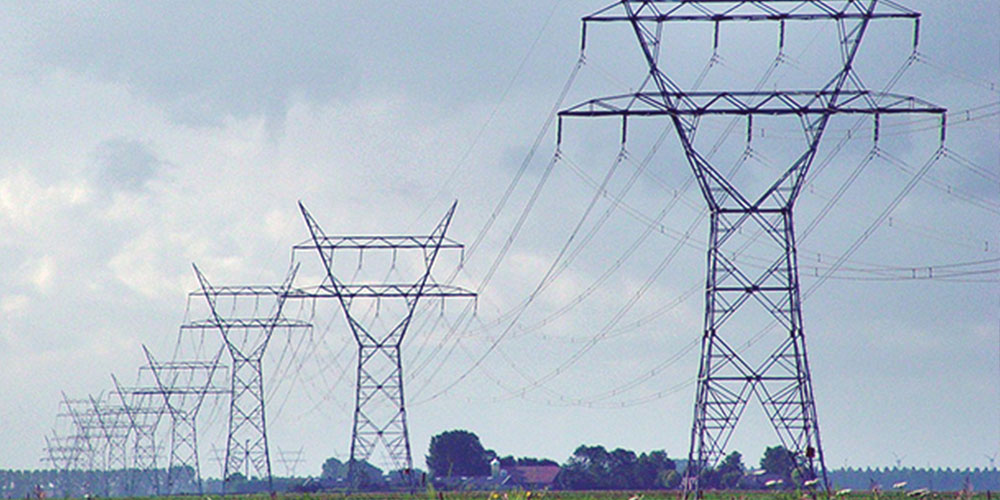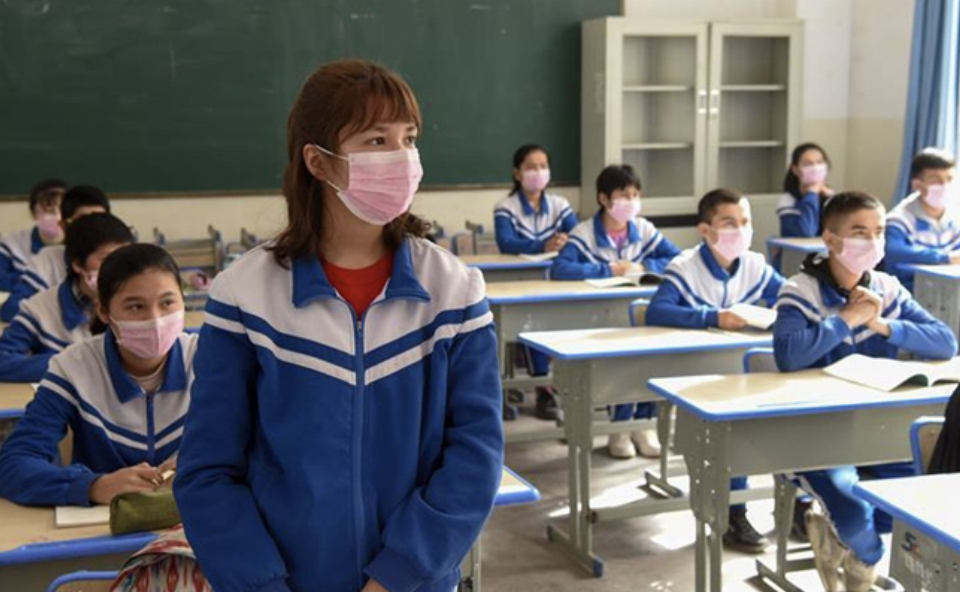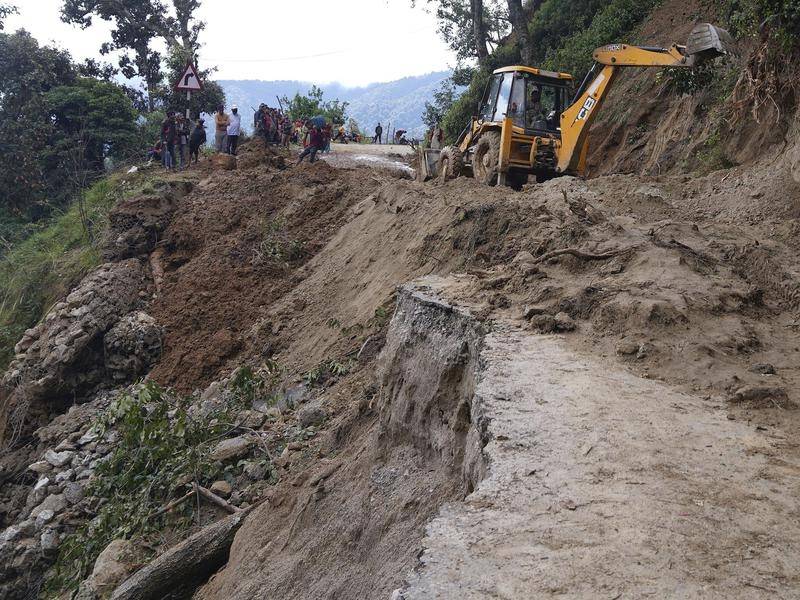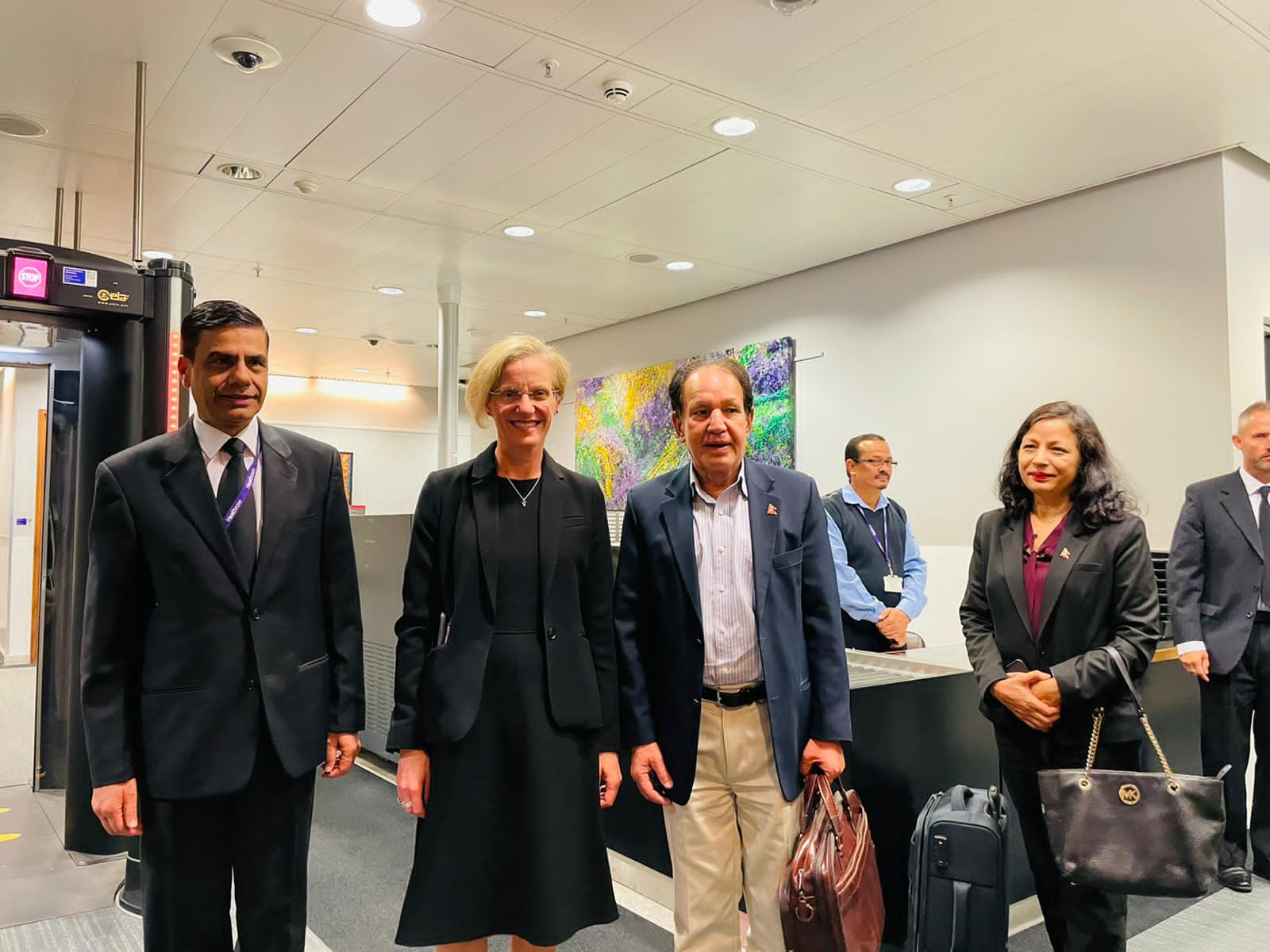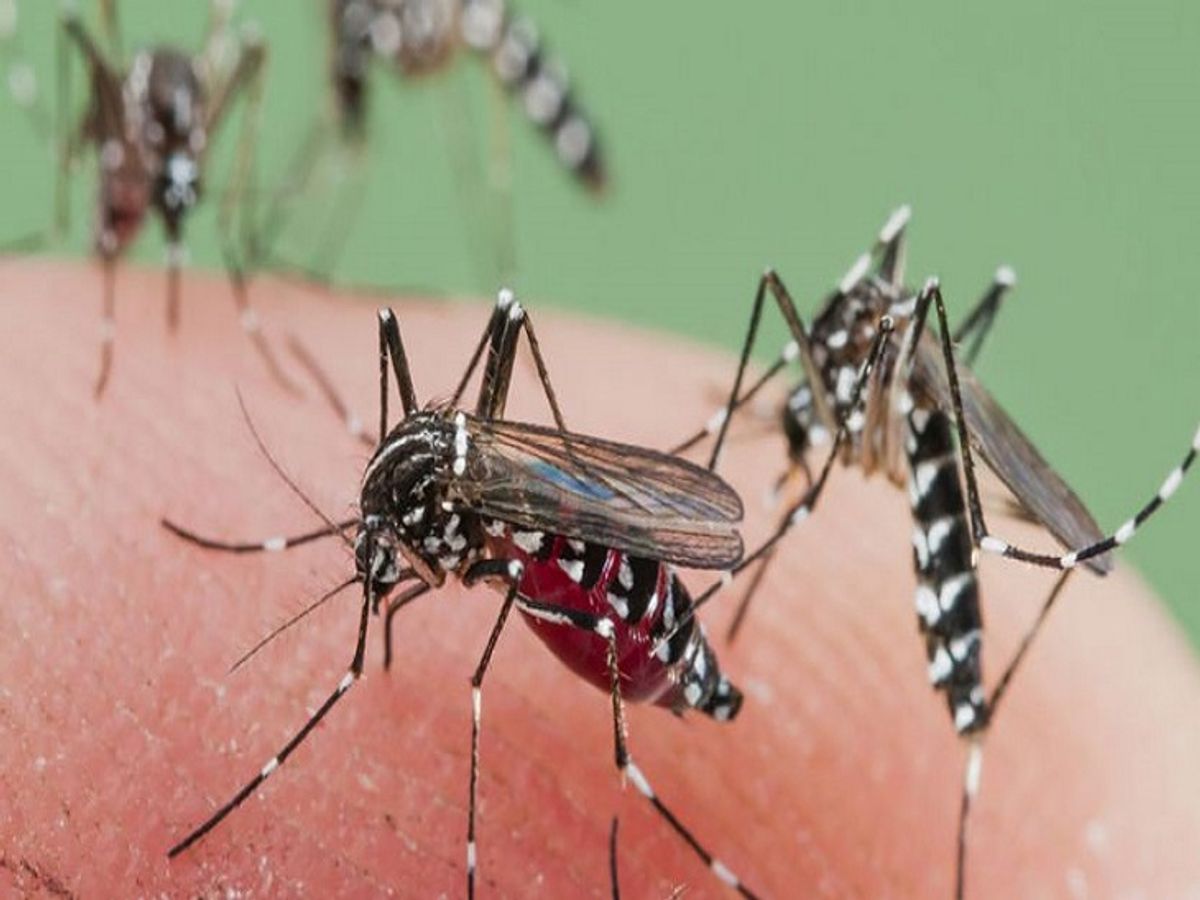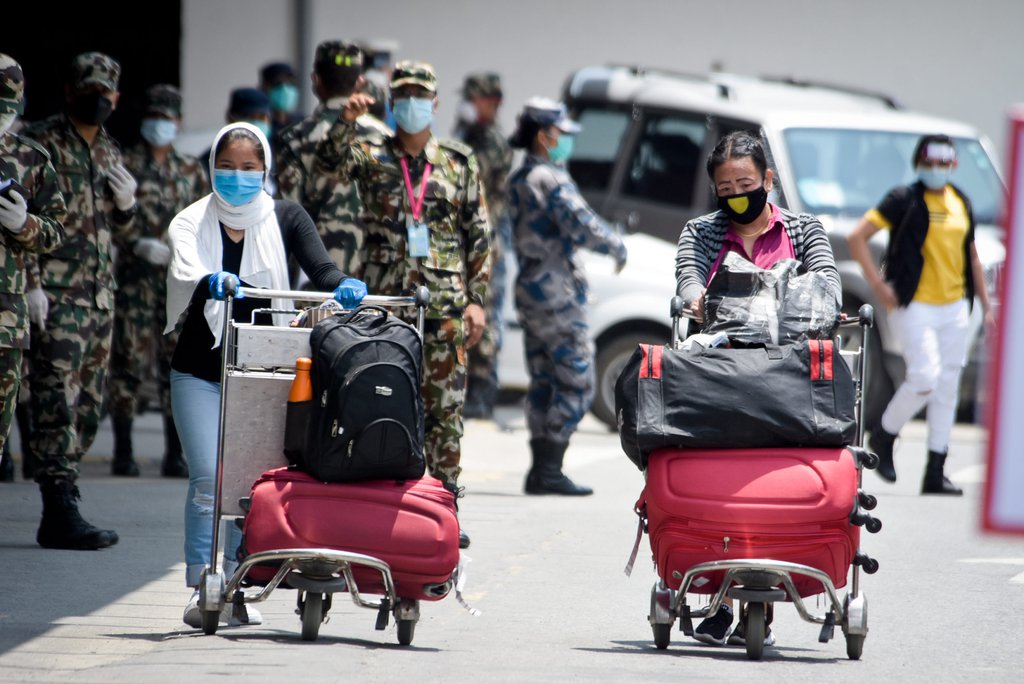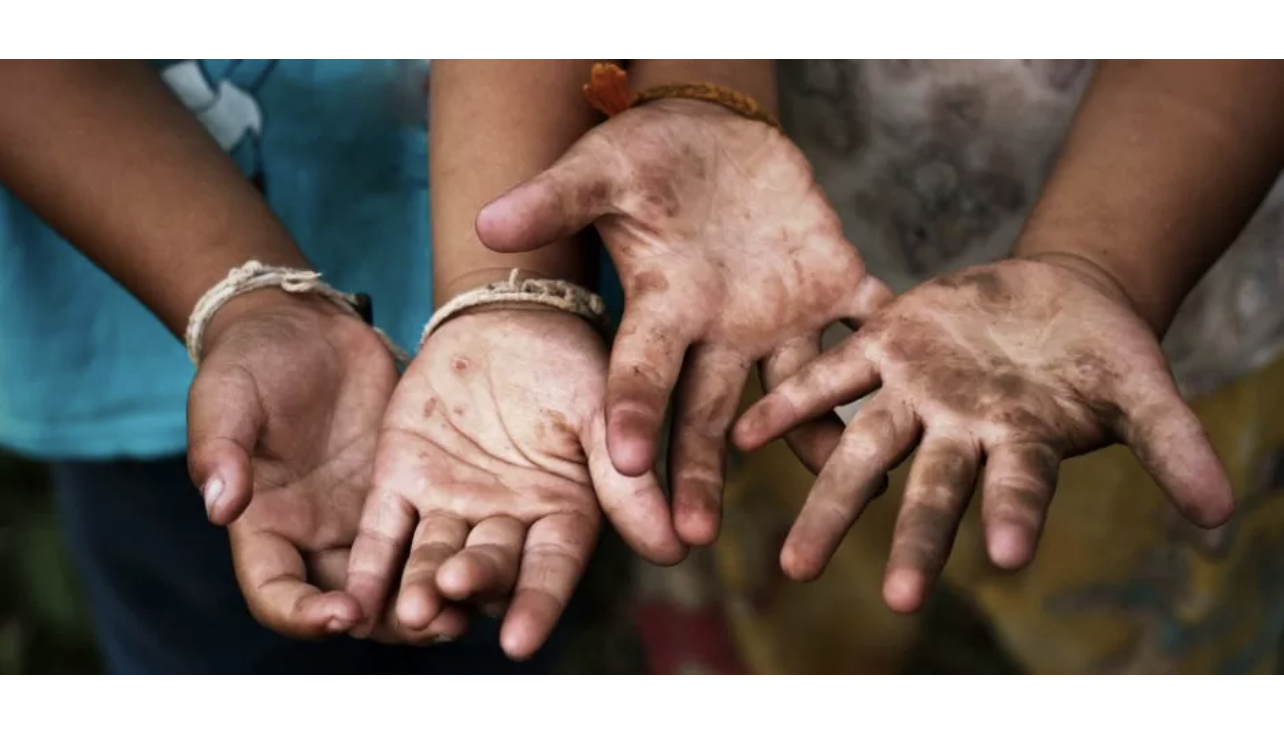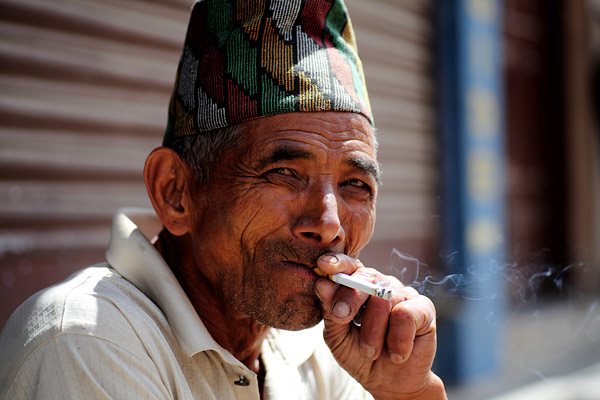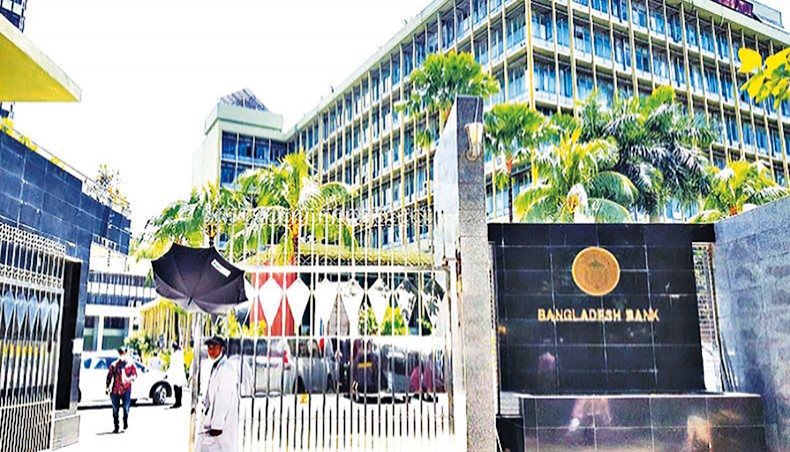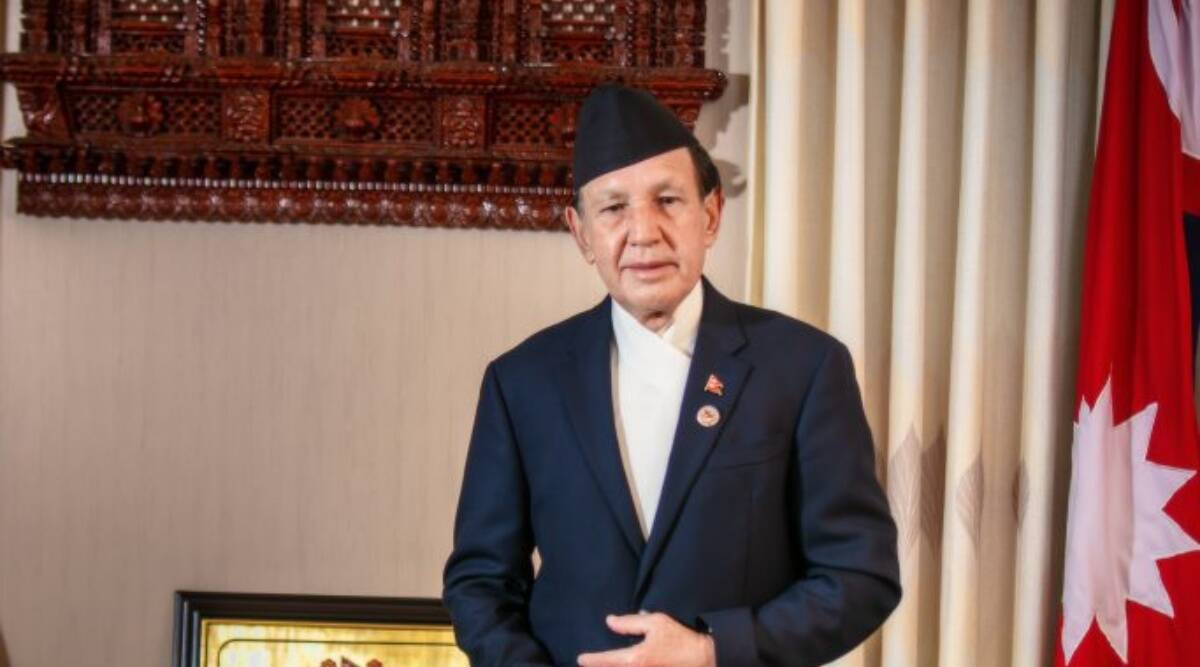Kathmandu— In the second month of the current fiscal year 2022/23, electricity worth Rs. 2.42 billion has been exported to India.
Nepal Electricity Authority (NEA) exported 246.5 million units of surplus electricity in the Nepali month of Bhadra and earned Rs. 2.42 billion.
The Authority started selling the surplus electricity during the rainy season through competition in the day-ahead market of the Indian Energy Exchange Limited (IEX) from June 2, 2022, The Rising Nepal reports.
In the beginning, 39 megawatts of electricity produced by two power plants was considered as a source and was sold to IEX on a daily basis. Since then, from June 10, 2022, 364 megawatts of electricity produced by six hydropower plants has been sold daily in the Indian market at a competitive rate.
The Authority has earned Rs. 7.19 billion by selling 787.8 million units of electricity in the Indian market in four months (Jestha, Asar, Shrawa and Bhadra).
Since the electricity trade with India is done in Indian rupees, during the period of four months, around IRs 4. 49 billion has entered into Nepal from the sale of electricity.
In the month of Bhadra alone, IRs 1.51 billion has been earned from the sale of electricity.
NES estimates to export power worth Rs. 16 billion this fiscal year
Kul Man Ghising, managing director of NEA, said that the amount received from the increase in electricity export every month is contributing to the foreign exchange reserves of Nepal and reducing the trade deficit between the two countries.
He said, “In the current fiscal year, we have set a target of earning about Rs. 16 billion from the export of electricity. We estimate that electricity can be exported until the first week of Mangsir and when the export starts again after Jestha, the target will be met,” he said.
“Now that the festivals are about to start, the domestic consumption of electricity will decrease a bit when the factories are closed, but since our production will be at full capacity, we have sent a proposal for approval for the export of about 200 megawatts of electricity. We are confident that the Indian side will give approval for the export of more electricity soon.”
In IEX, 24 hours are divided into 96 blocks of 15 minutes each and electricity is traded at a competitive rate set by the market.
Therefore, the price of each block is different. The average rate of electricity exported by the Authority in Bhadra is Rs. 9.80 per unit. The average rate for four months is Rs. 9.23 per unit. ( TRN)




